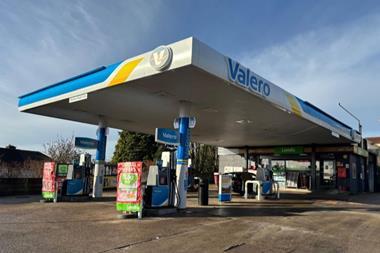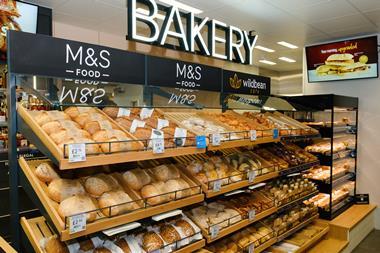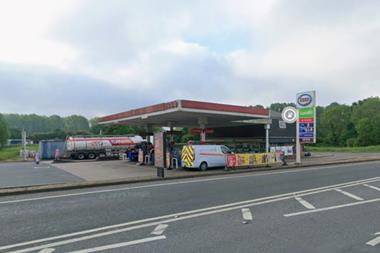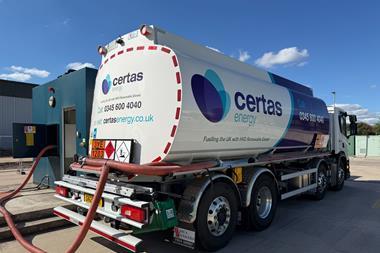The end of the old year and start of the new one is a time for taking stock of where we are, and making plans for where we’d like to be in 12 months time – and making the resolutions that should enable us to get there. This column will humbly offer a few thoughts and suggestions for the petroleum retailing industry in 2005.
Firstly, where are we? The EKW Database figures for 2004 are not yet complete (October 31 is the latest data we have at the time of going to press) but generally show 2004 to have been a disappointing year. For the 10 months to the end of October average fuel volumes (409,000 litres per month) are barely above those for 2003 (397,000 litres) for the same period, and for several months during 2004 were actually below the corresponding months in 2003. Similarly shop sales in ‘cash’ terms (ie without any adjustment for inflation) for 2004 ran just above their equivalent periods in 2003, although August 2004 was actually lower than August 2003. However, when we adjust for RPI and keep the prices steady throughout 2003 and 2004, the results are poor – only January, February and May were appreciably better than the same months in 2003. In short, the industry as we record it, which excludes the motorway and hypermarket sites, could be described as stagnating during 2004.
Secondly, perhaps a few resolutions? Never to run out of fuel if you can possibly avoid it! It may just be coincidence, but as the majors have moved to more sophisticated fuel ordering and distribution systems over the years, there seem to be more sites with nozzles covered or just a sign saying ‘Sorry, no fuel’. The one factor that suggests the problem isn’t entirely down to the suppliers, however, is that independent dealers rarely seem to suffer from the same problem, so maybe it’s down to poor training of site managers by the majors. No matter how good a shop offer you have, when the customer discovers that you’ve got no fuel, you’ll have just sent them to your nearest competitor. Bringing them back isn’t so easy.
Keep the facilities up to scratch. This is another area where the independent dealers usually manage to stay ahead. Subjectively the quality of many retail networks is poor, and shows a chronic under-investment over the past few years. Shops are often in dire need of a facelift, or simply of a good spring-clean. What may have looked like a good design on a carefully-monitored flagship site 10 years ago can often now look tatty and impractical on a site where the manager or agent isn’t allowed to touch anything without calling in the oil company’s contractors. Likewise, wash bays, air machines, etc, are too often out of action for weeks or even months. If the oil company’s contractors are too slow, keep reminding your area manager. If you don’t, you’re sending customers to your competitors.
Look after your staff. Not very long ago, staff were trained in customer care and dressed in clean, standardised uniforms. Take a look at yours. If you don’t give a fig how they look or how they relate to your customers, why should they? But your customers do notice. Keeping good staff happy involves training them, holding regular job appraisals and, yes, paying them what they’re worth. Most employee surveys suggest that the attitude and management skills of the employer are a bigger factor in keeping staff motivated and loyal than the actual rate of pay.
Direct-management – reconsider! OK, that’s a subject for the major network owners, but those of us who’ve seen this industry at close quarters for the best part of 25 years have also seen the majors swing between co-co and co-do operation every few years, each swing being attended by the sort of ‘Eureka!’ claims that suggest they’ve reinvented the wheel. Independent dealers are at the forefront of the industry, but not everyone can find the capital to start as an independent. The licensee or tenant used to be a good halfway-house which allowed those with an intelligent and entrepreneurial approach to run sites profitably, keep local customers satisfied and generate a return for the landlord. More importantly, perhaps, they also had a direct stake in the business. With the best will in the world, it’s hard for a site manager working for a relatively low salary and often without much training to deliver the same commitment.
Enough there to be getting on with, but hopefully some of it may make the year more profitable!
Data supplied by EKW group



























No comments yet